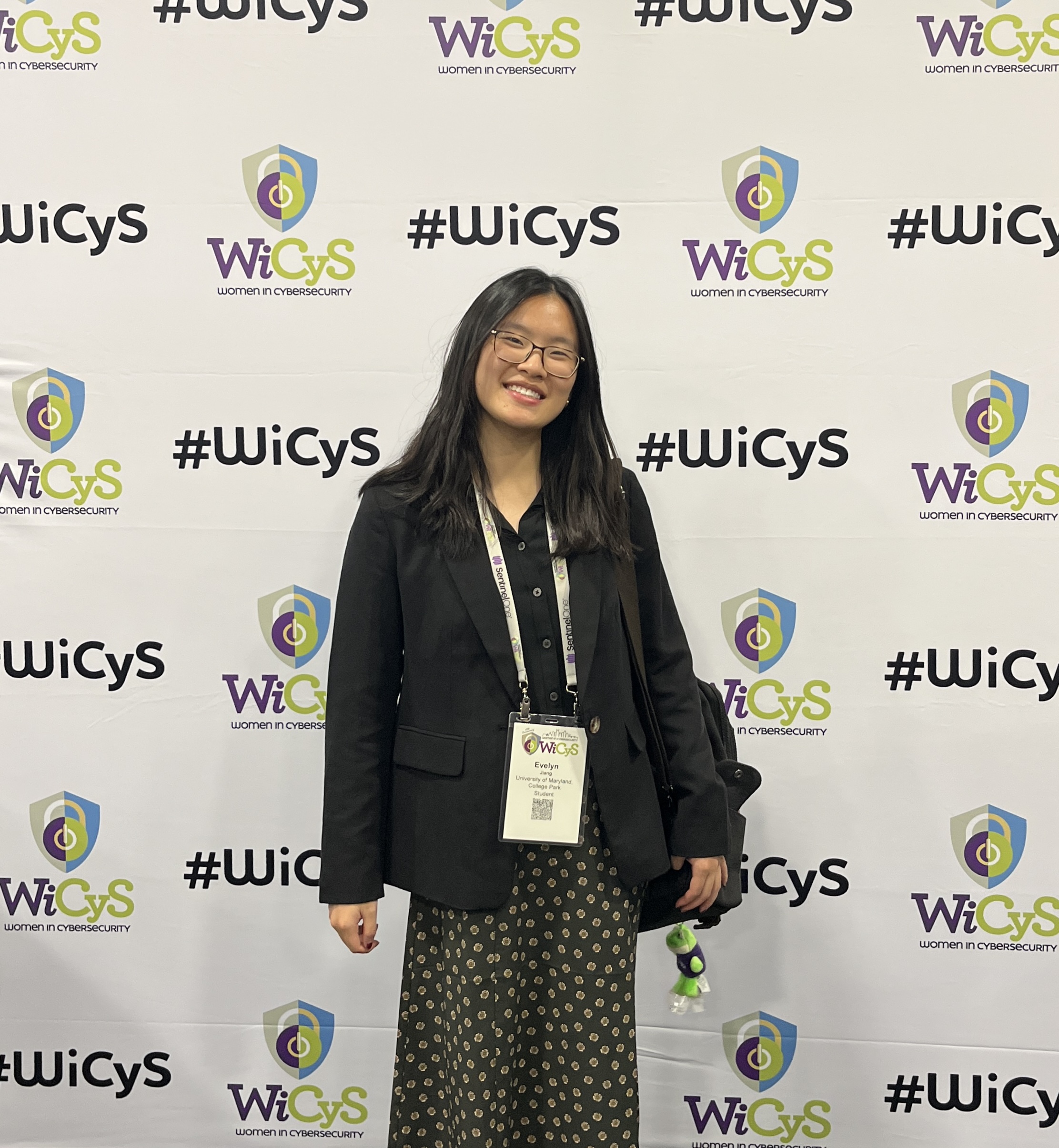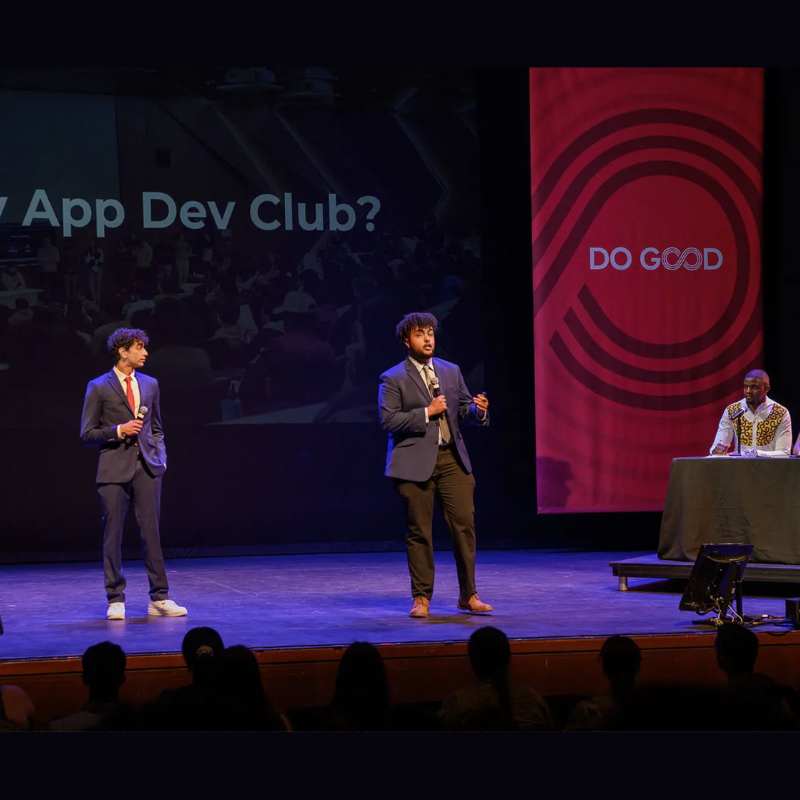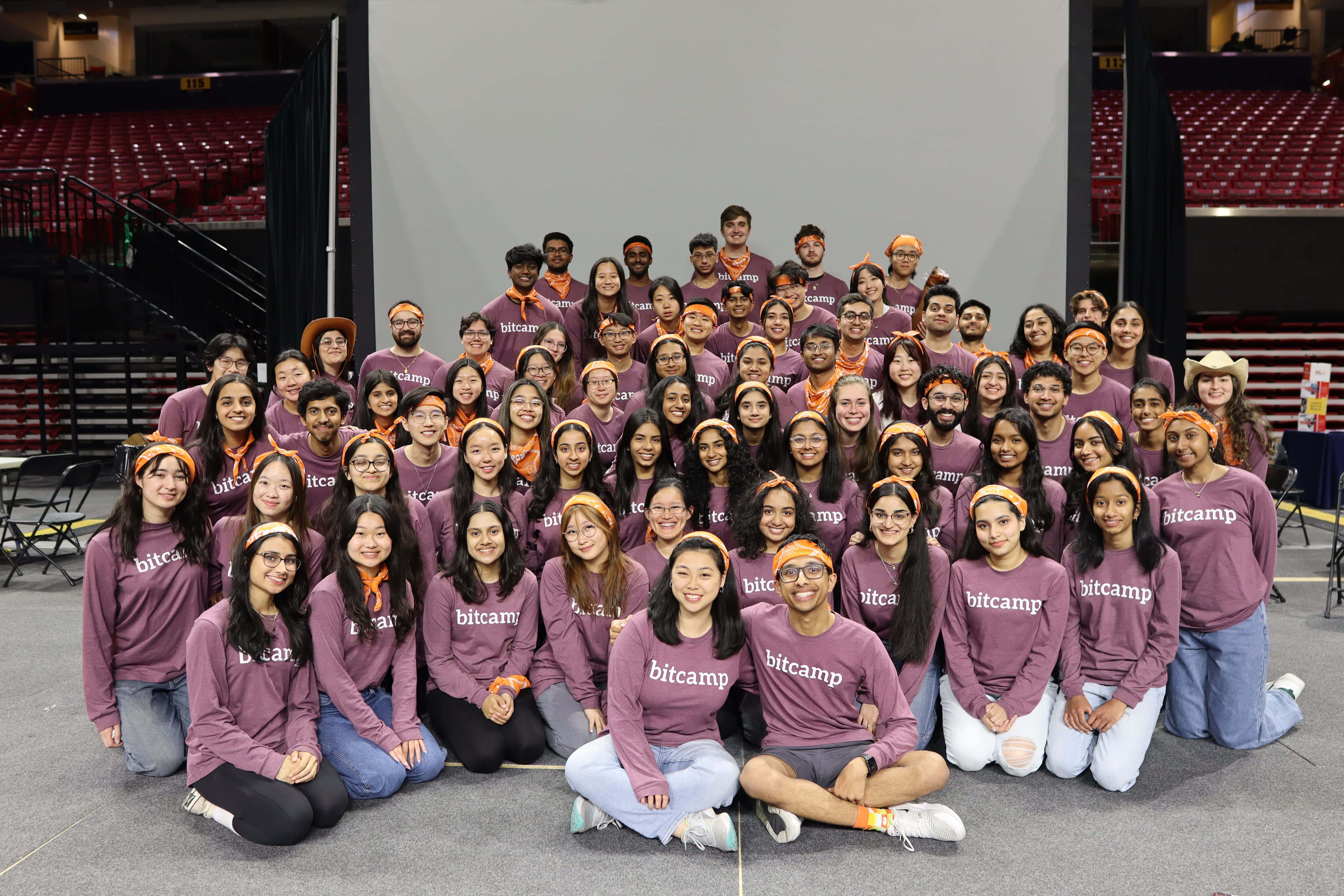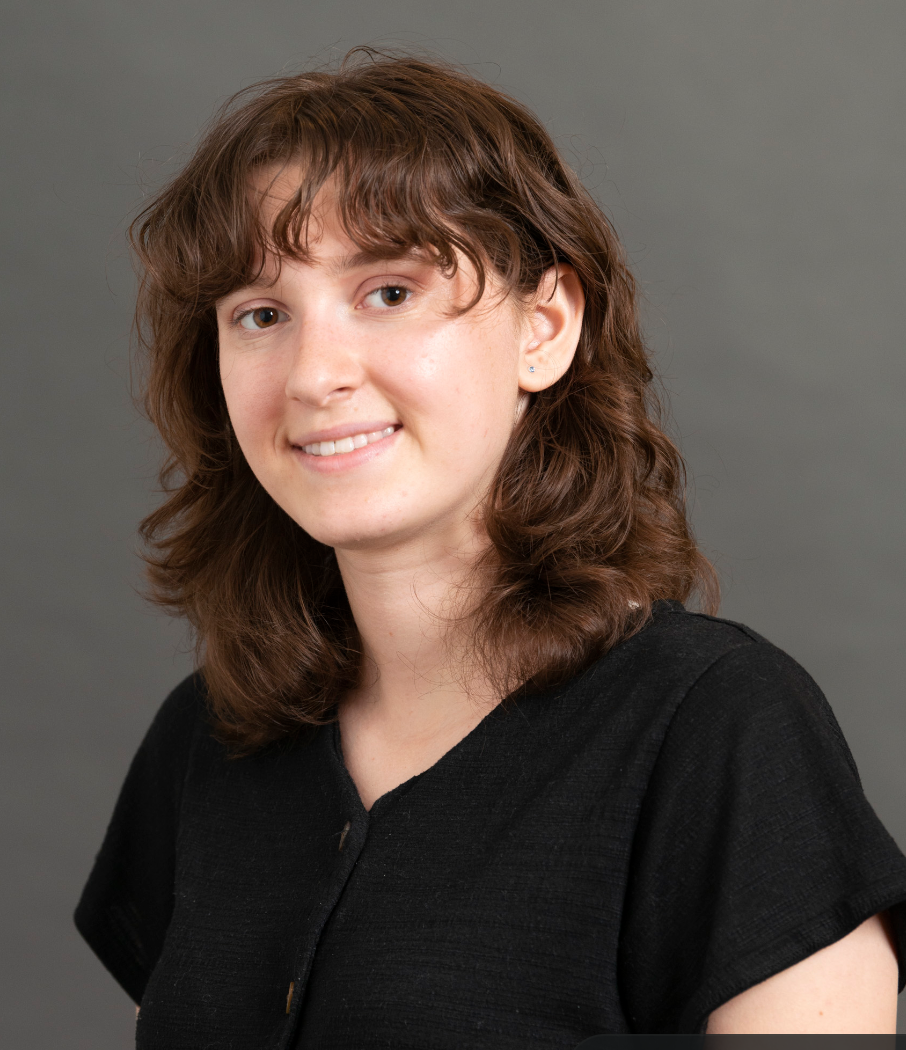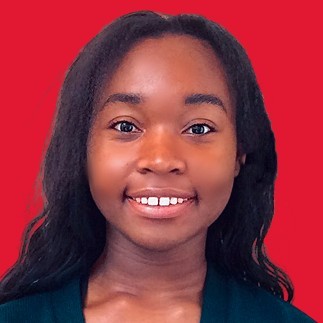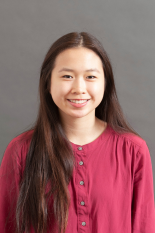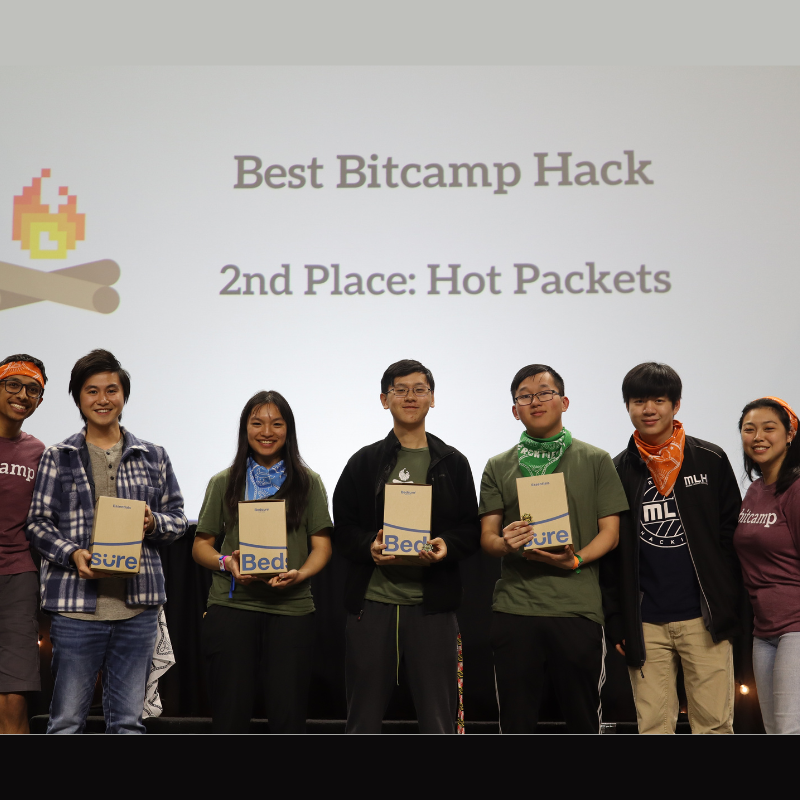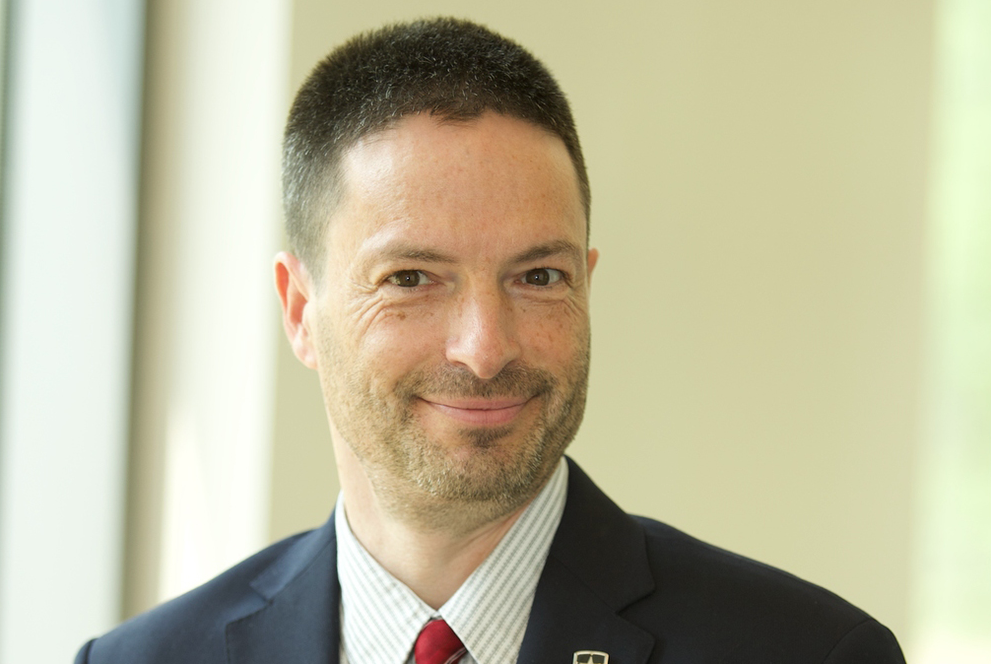News Story
Research Spotlight: Aidan Melvin
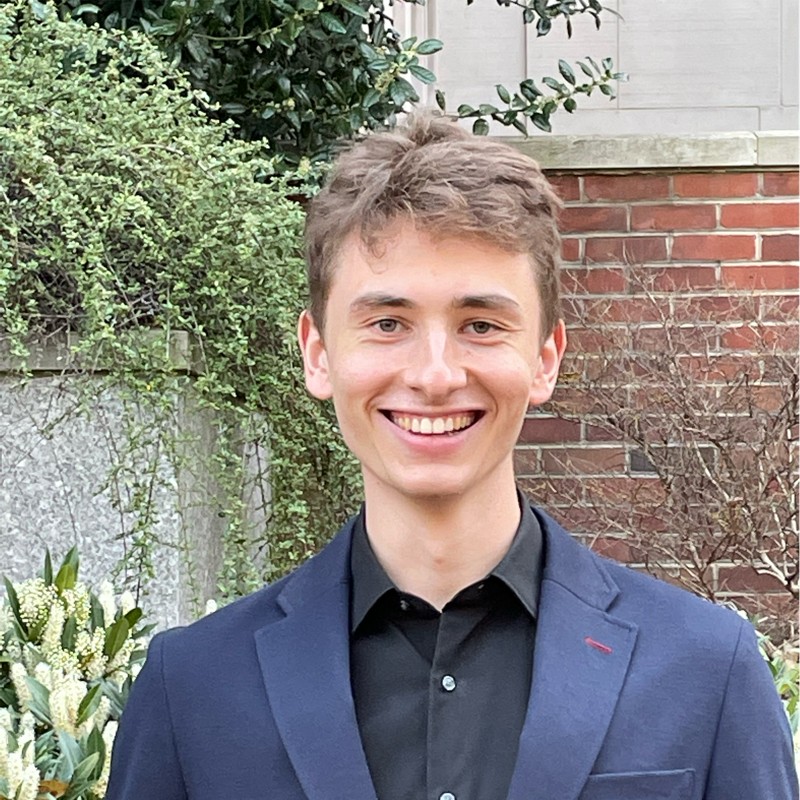
Experiential learning is a fundamental aspect of the curriculum for ACES students. While some students complete this requirement through a variety of internships, others immerse themselves in the intricate, constantly changing world of research.
Through the HACS 287 and 479 “Undergraduate Research in Cybersecurity” course, students engage in research in order to gain greater insight into a specific area within cybersecurity, obtain an appreciation for the subtleties and difficulties associated with the production of knowledge and fundamental new applications, and to prepare for graduate school and the workforce.
Aidan Melvin, a sophomore double majoring in computer science and finance, joined the ACES living-learning program in 2021 to explore his interest in cybersecurity.
“I joined ACES because I saw it as a very strong community of people who are passionate about what they do, and also the technical cybersecurity focus is interesting,” said Aidan. In the future, Aidan aspires to work in the fields of software engineering or data science.
He was motivated to take on a research project during his undergraduate studies as he believes it is important and saw the ACES Experiential Course as the perfect opportunity to fit it into his schedule.
Aidan's research project, titled "Attack surfaces across regions in the U.S correlated with census data," investigates the relationship between cybersecurity vulnerability across entire regions and demographics in those regions.
He is working under the guidance of Dr. Charles Harry, the Director of Operations at the Maryland Global Initiative in Cybersecurity (MaGIC), a Senior Research Associate at CISSM and an Associate Research Professor at the School of Public Policy. Dr. Harry is a senior leader, practitioner, and researcher in intelligence and cyber operations, with over 20 years of experience.
“I got involved by speaking to Professor Harry because his research and line of work seemed interesting to me,” said Aidan.
“I took up this topic because there hasn't really been any other research quite like it. This would be the first project that both me and Dr. Harry are aware of that investigates the relationship between broad cybersecurity vulnerability across entire regions and demographics in that region, and we think we will come across some very interesting findings.”
Aidan's weekly tasks involve literature reviews, exploring Application Programming Interfaces (APIs), a software intermediary that allows two applications to talk to each other. He is conducting the research independently, in a remote setting and is currently working on brainstorming visualization and analysis techniques for his research.
“My experience so far has been awesome. I am learning about a field that I was not really aware of before and getting the chance to explore something that hasn't really ever been examined in depth before is super exciting.” Aidan remarked.
He has discovered that preparation and perseverance are essential for a successful research project. Although the project is still ongoing, Aidan has already learned a lot about the field of cybersecurity and the research process. He values the opportunity to explore a field he was not familiar with before and is excited about the possibility of uncovering interesting findings.
“I have learned that patience and planning go a long way; you can't just immediately start writing code and crunching data for a semester-long project before you have a solid plan and background knowledge.” explained Aidan.
He encourages other ACES students to pursue research opportunities, even if they are planning on going into industry. “It gives you valuable experience, including technical as well as the chance to do work and meet people within whatever field you want.” added Aidan.
Aidan's experience with ACES has been positive and fulfilling. He has been able to pursue his interests in cybersecurity and research, learn new skills, and work with a respected expert in the field. His advice to future ACES students is to take advantage of research opportunities and to approach them with patience, planning, and an open mind.
Published March 2, 2023

